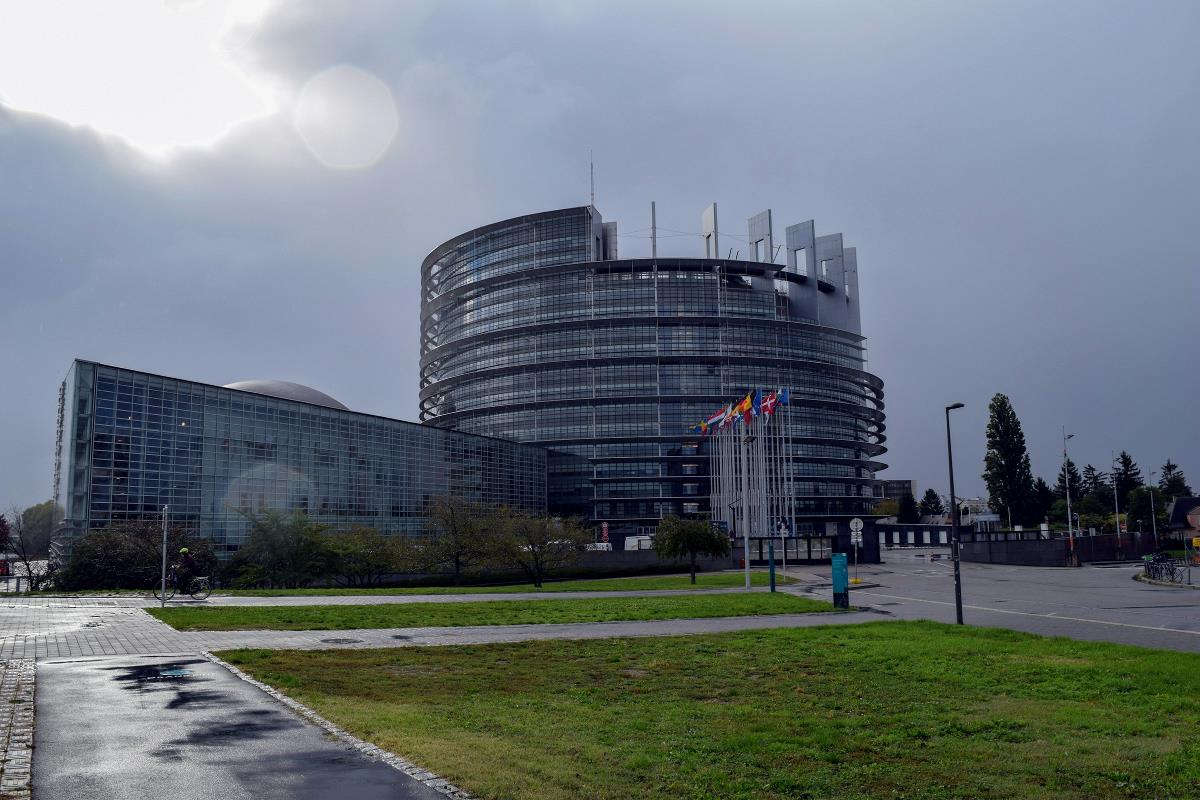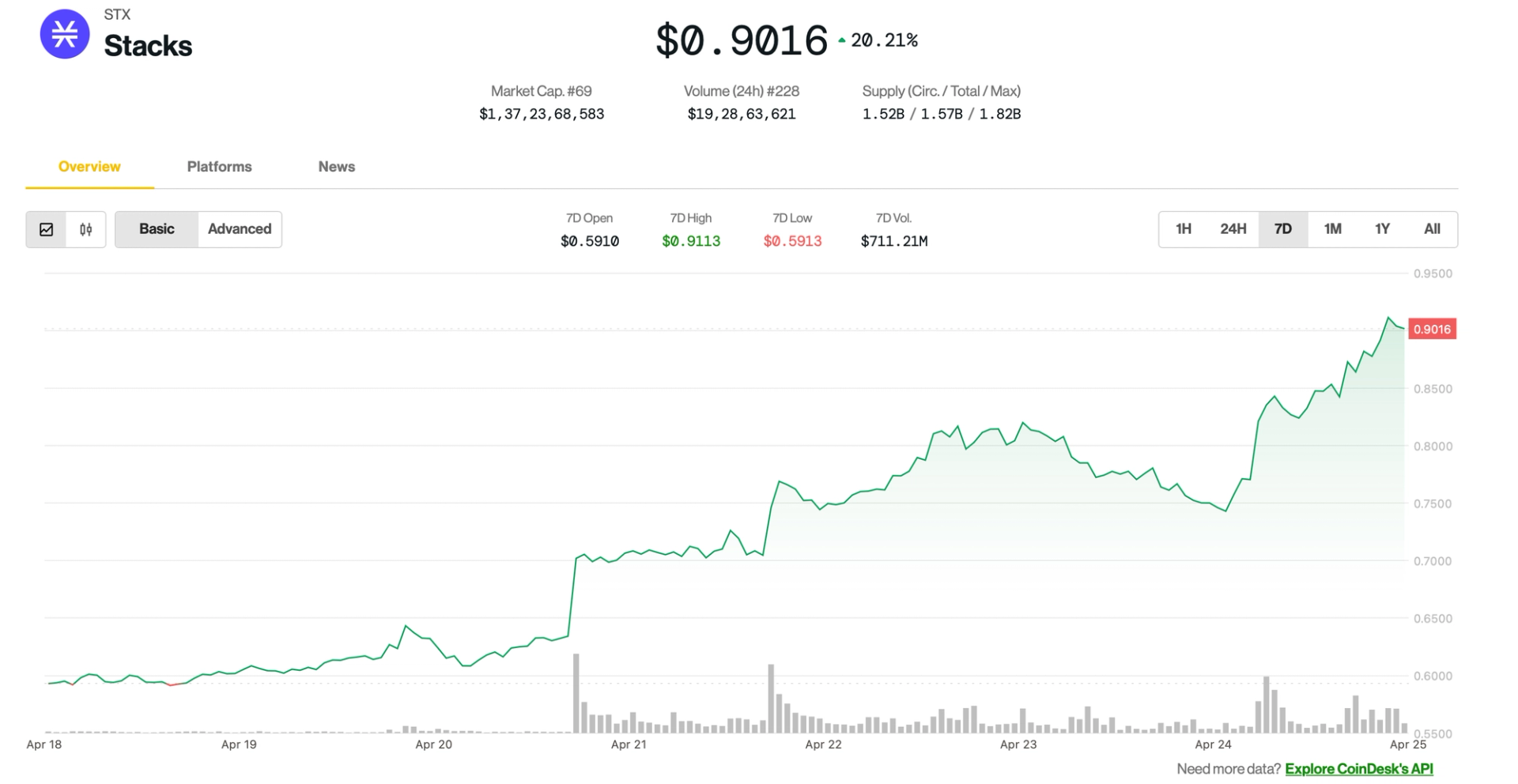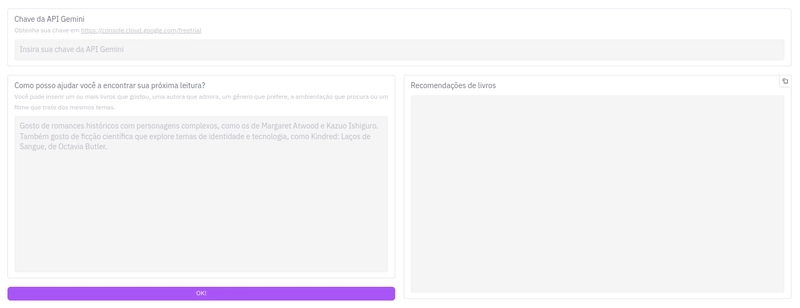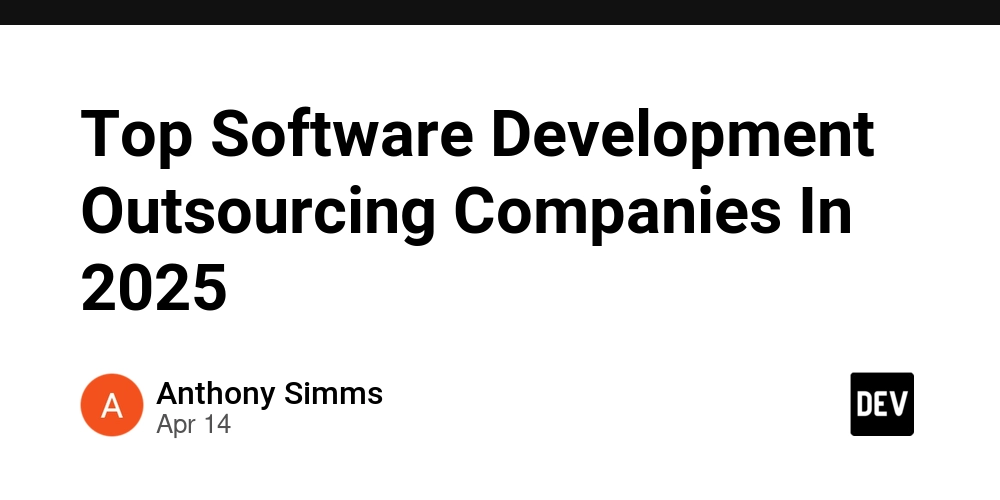EU fines Apple and Meta €700 million in breach of the Digital Markets Act
On Apr 23, 2025 the European Commission found that Apple breached its anti-steering obligation under the Digital Markets Act (DMA), and that Meta breached the DMA obligation to give consumers the choice of a service that uses less of their personal data. Therefore, the Commission has fined Apple and Meta with €500 million and €200 million respectively. Non-compliance decision on Apple's steering terms Under the DMA, app developers distributing their apps via Apple's App Store should be able to inform customers, free of charge, of alternative offers outside the App Store, steer them to those offers and allow them to make purchases. This duty of the gatekeeper to allow developers to link users to alternative purchase options outside the gatekeeper's platform is set out in Article 5(4) of the DMA https://www.eurlexa.com/act/en/32022R1925/present/text#Article-5-Obligations-for-gatekeepers The Commission found that Apple fails to comply with this obligation. Due to a number of restrictions imposed by Apple, app developers cannot fully benefit from the advantages of alternative distribution channels outside the App Store. Similarly, consumers cannot fully benefit from alternative and cheaper offers as Apple prevents app developers from directly informing consumers of such offers. Non-compliance decision on Meta's “consent or pay” model Under the DMA, gatekeepers must seek users' consent for combining their personal data between services. Those users who do not consent must have access to a less personalised but equivalent alternative. In November 2023, Meta introduced a binary Consent or Pay advertising model. Under this model, EU users of Facebook and Instagram had a choice between consenting to personal data combination for personalised advertising or paying a monthly subscription for an ad-free service. The Commission found that this model is not compliant with the DMA, as it did not give users the required specific choice to opt for a service that uses less of their personal data but is otherwise equivalent to the ‘personalised ads' service. Meta's model also did not allow users to exercise their right to freely consent to the combination of their personal data. The duty of the gatekeeper to provide users with a less personalized but equivalent alternative if they refuse data processing consent is set out in Article 5(2) of the DMA https://www.eurlexa.com/act/en/32022R1925/present/text#Article-5-Obligations-for-gatekeepers
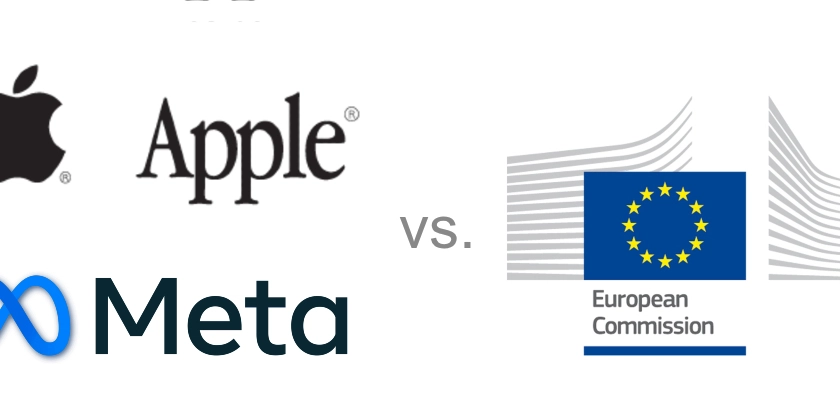
On Apr 23, 2025 the European Commission found that Apple breached its anti-steering obligation under the Digital Markets Act (DMA), and that Meta breached the DMA obligation to give consumers the choice of a service that uses less of their personal data.
Therefore, the Commission has fined Apple and Meta with €500 million and €200 million respectively.
Non-compliance decision on Apple's steering terms
Under the DMA, app developers distributing their apps via Apple's App Store should be able to inform customers, free of charge, of alternative offers outside the App Store, steer them to those offers and allow them to make purchases.
This duty of the gatekeeper to allow developers to link users to alternative purchase options outside the gatekeeper's platform is set out in Article 5(4) of the DMA https://www.eurlexa.com/act/en/32022R1925/present/text#Article-5-Obligations-for-gatekeepers
The Commission found that Apple fails to comply with this obligation. Due to a number of restrictions imposed by Apple, app developers cannot fully benefit from the advantages of alternative distribution channels outside the App Store.
Similarly, consumers cannot fully benefit from alternative and cheaper offers as Apple prevents app developers from directly informing consumers of such offers.
Non-compliance decision on Meta's “consent or pay” model
Under the DMA, gatekeepers must seek users' consent for combining their personal data between services. Those users who do not consent must have access to a less personalised but equivalent alternative.
In November 2023, Meta introduced a binary Consent or Pay advertising model. Under this model, EU users of Facebook and Instagram had a choice between consenting to personal data combination for personalised advertising or paying a monthly subscription for an ad-free service.
The Commission found that this model is not compliant with the DMA, as it did not give users the required specific choice to opt for a service that uses less of their personal data but is otherwise equivalent to the ‘personalised ads' service. Meta's model also did not allow users to exercise their right to freely consent to the combination of their personal data.
The duty of the gatekeeper to provide users with a less personalized but equivalent alternative if they refuse data processing consent is set out in Article 5(2) of the DMA https://www.eurlexa.com/act/en/32022R1925/present/text#Article-5-Obligations-for-gatekeepers






































































































































































![[The AI Show Episode 144]: ChatGPT’s New Memory, Shopify CEO’s Leaked “AI First” Memo, Google Cloud Next Releases, o3 and o4-mini Coming Soon & Llama 4’s Rocky Launch](https://www.marketingaiinstitute.com/hubfs/ep%20144%20cover.png)



















































































































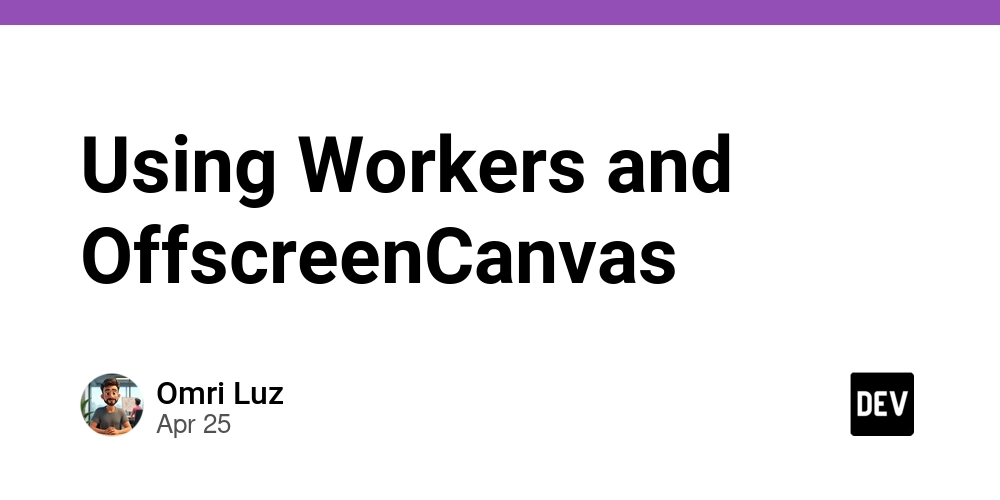

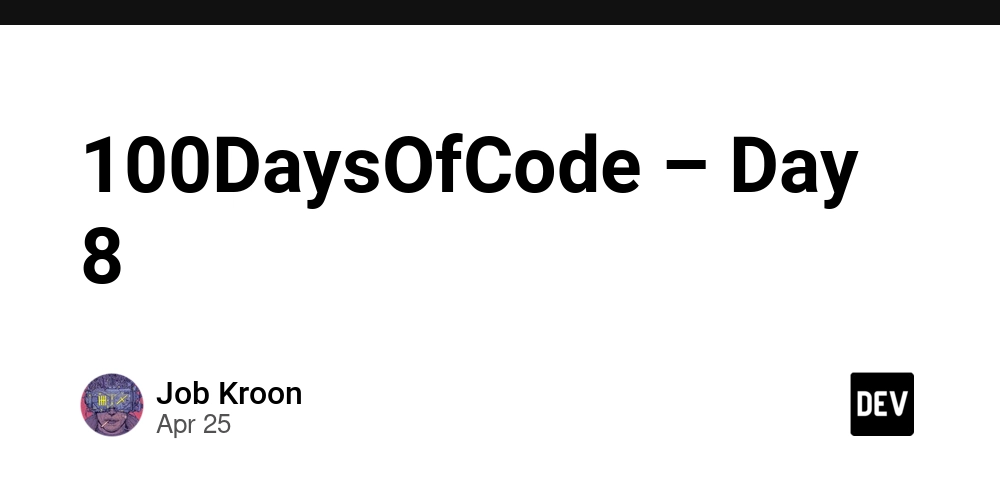




























































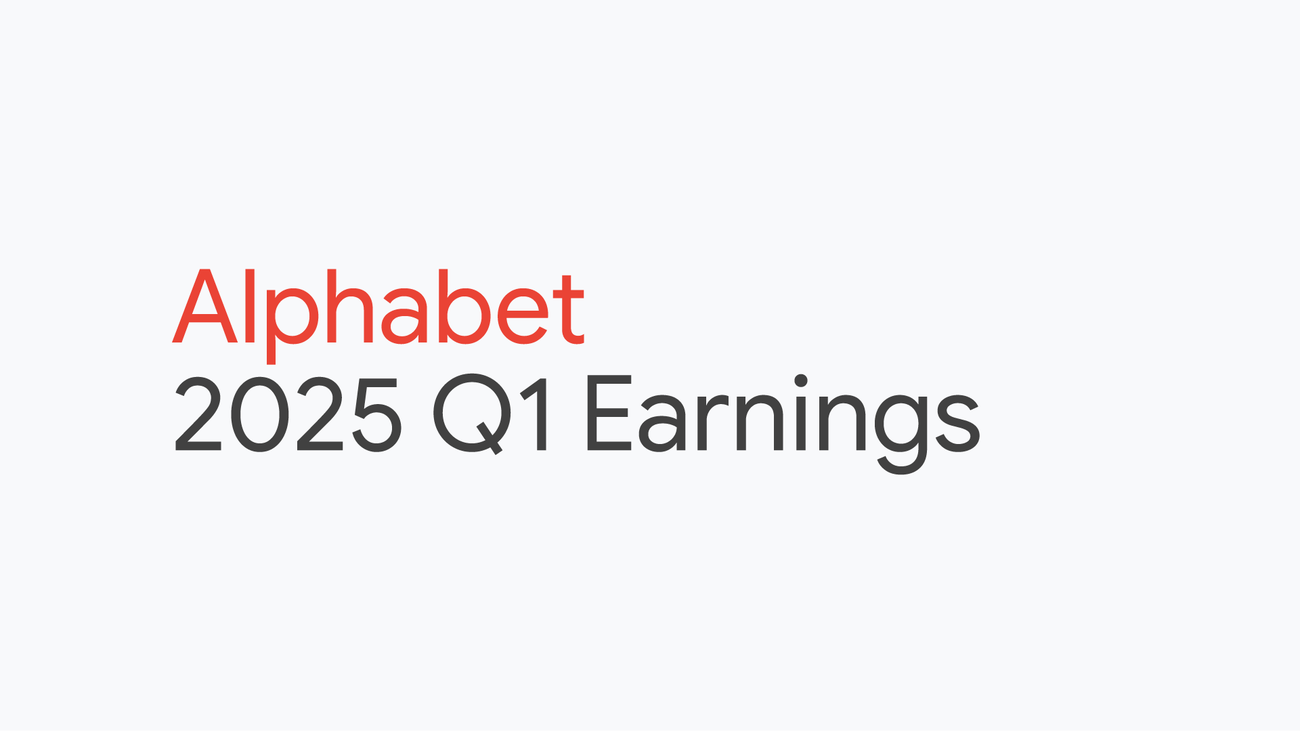






























































.jpg?#)





















































































































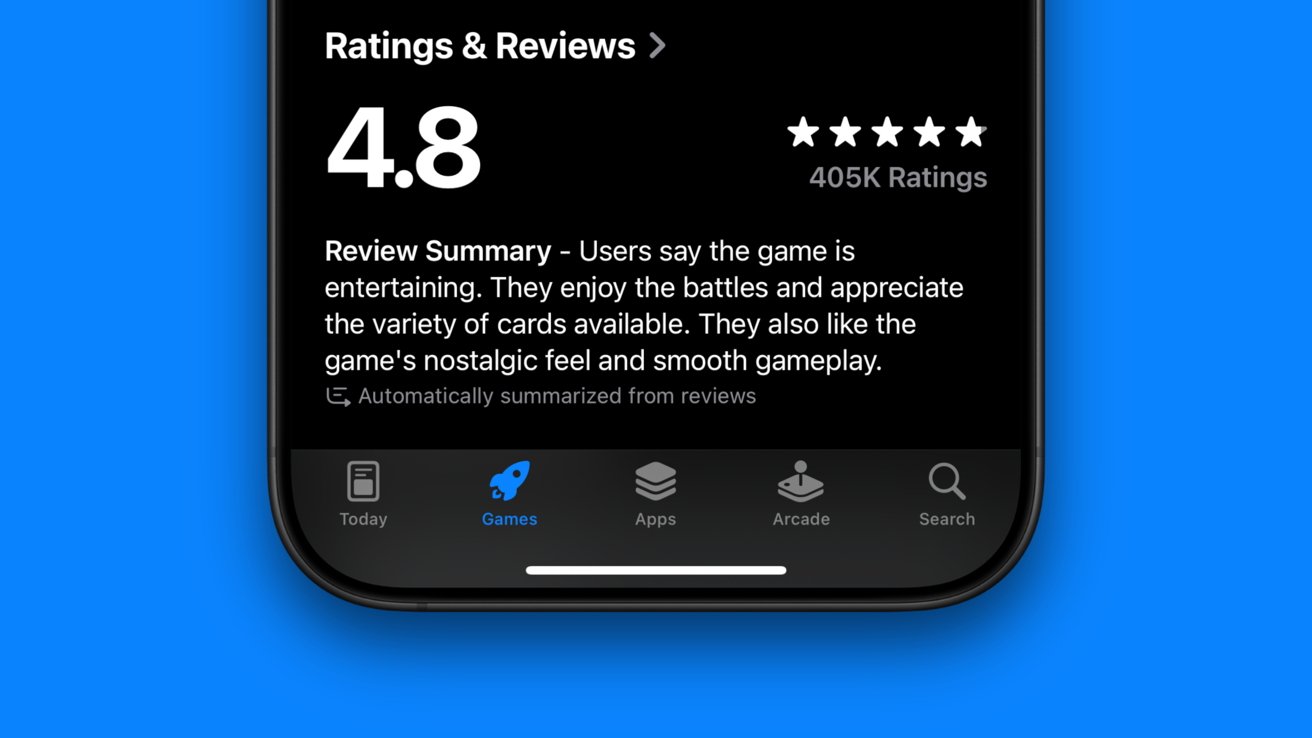



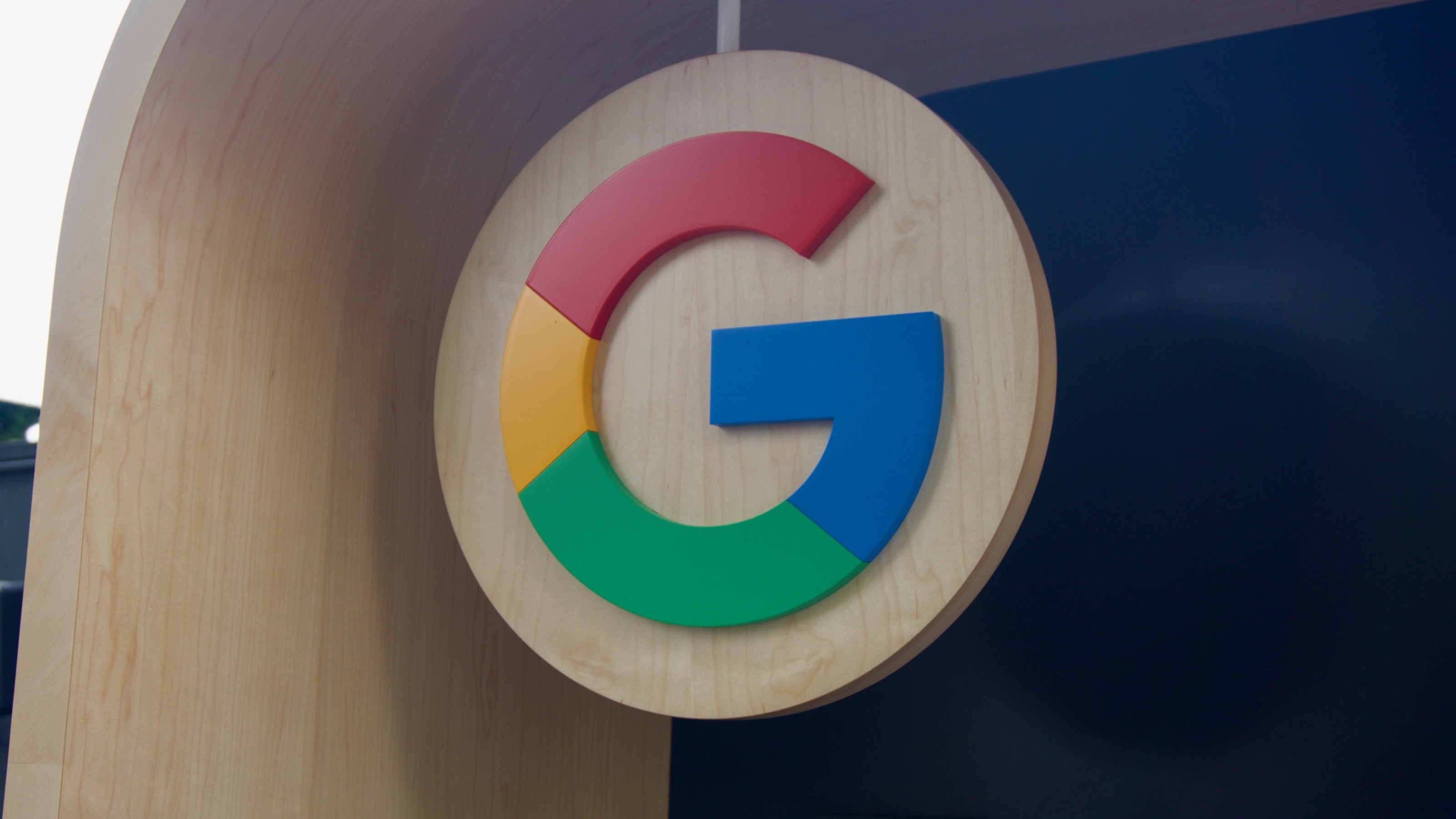


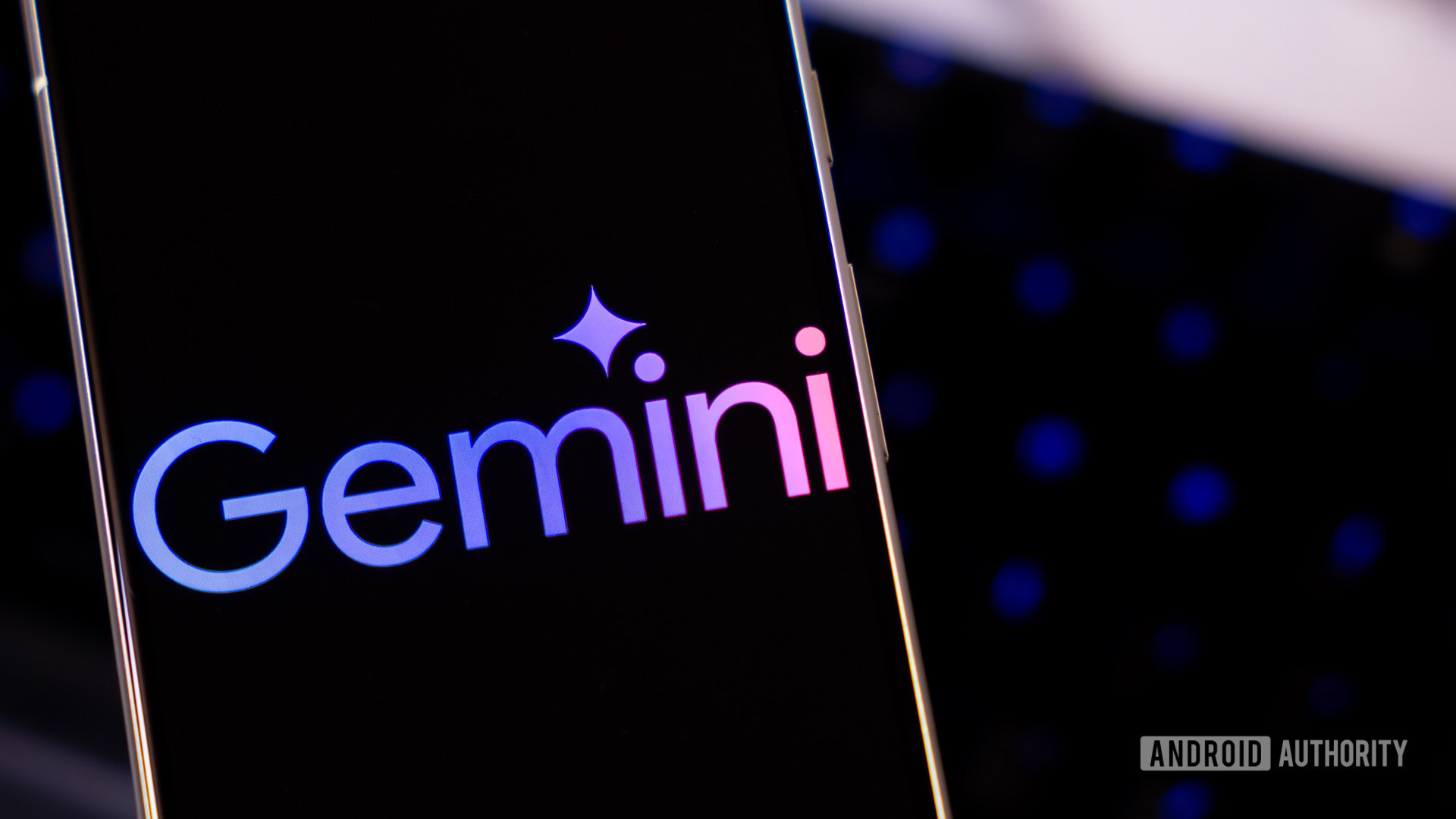


















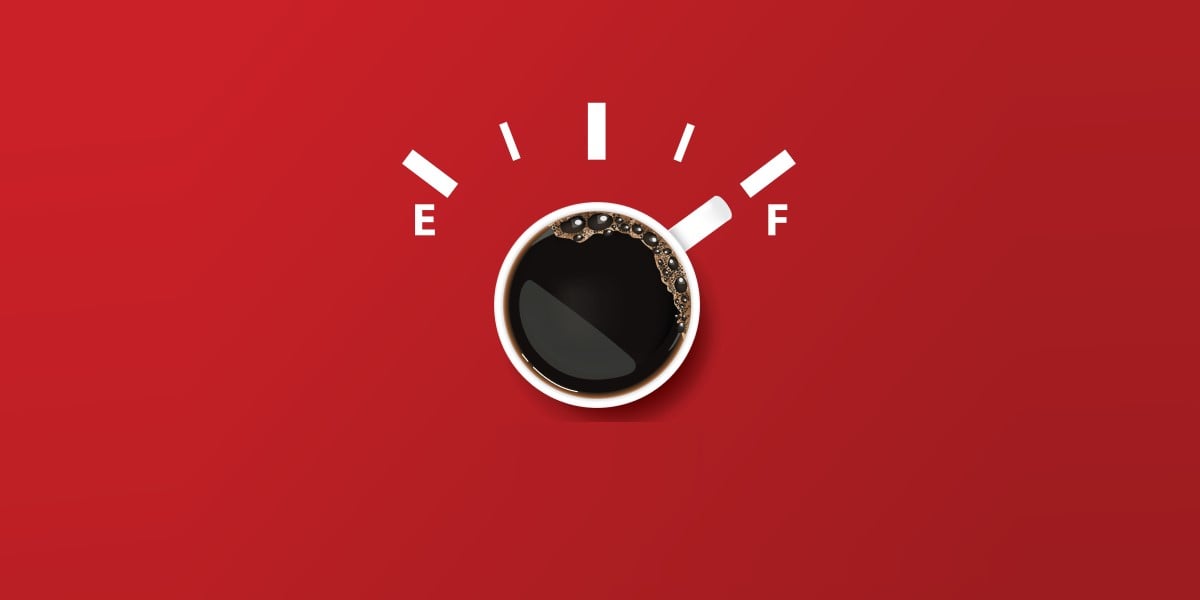


![Apple to Shift Robotics Unit From AI Division to Hardware Engineering [Report]](https://www.iclarified.com/images/news/97128/97128/97128-640.jpg)

![Apple Shares New Ad for iPhone 16: 'Trust Issues' [Video]](https://www.iclarified.com/images/news/97125/97125/97125-640.jpg)





















